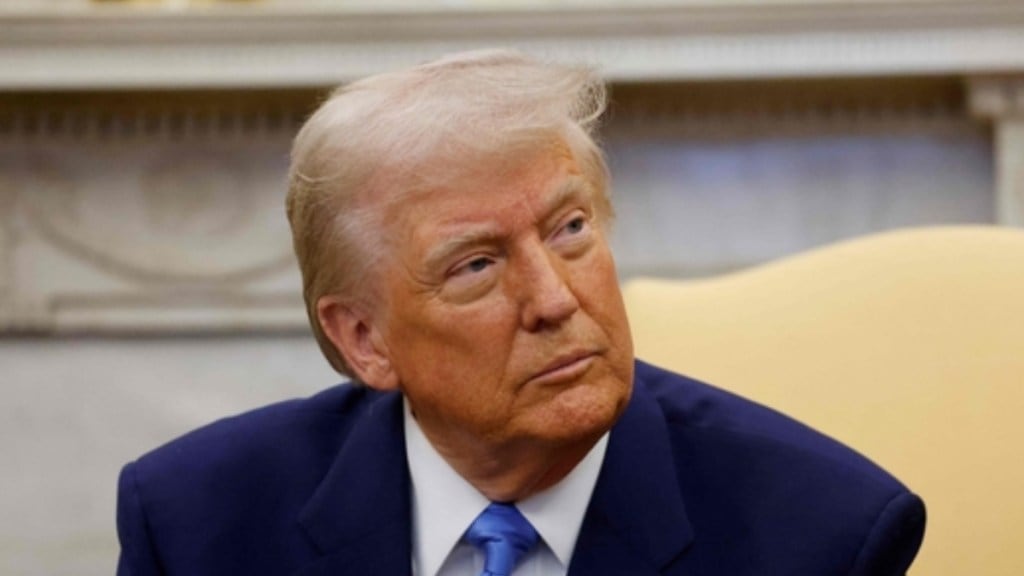President Donald Trump on Saturday invoked the 1798 Alien Enemies Act, citing what he called an invasion by a Venezuelan gang, in a move aimed at accelerating mass deportations and intensifying his immigration crackdown. The declaration specifically targets the Tren de Aragua gang, which Trump claims operates under the control of the Venezuelan government.
Trump’s announcement came just as a federal judge in Washington blocked the deportation of five Venezuelans expected to be affected by the new order—foreshadowing a fierce legal showdown. The judge was set to consider expanding the ruling to include more individuals just minutes after the declaration was made.
“Over the years, Venezuelan national and local authorities have ceded ever-greater control over their territories to transnational criminal organizations, including TdA,” Trump said in his statement. “The result is a hybrid criminal state that is perpetrating an invasion of and predatory incursion into the United States, and which poses a substantial danger to the United States.”
The Alien Enemies Act, last used during World War II to detain Japanese-Americans, has only been invoked twice before—during World War I and the War of 1812. Trump argued that the current threat justifies reviving the rarely used law, alleging that Tren de Aragua has direct links to Venezuelan President Nicolás Maduro’s regime—a claim he frequently repeated during his campaign.
Immigrant rights groups had anticipated the move. Even before the order became public, the American Civil Liberties Union and Democracy Forward filed a lawsuit on behalf of five Venezuelans whose deportation cases had suddenly advanced. Chief Judge James E. Boasberg of the DC Circuit issued a 14-day restraining order to block their removal, saying the measure was meant to “preserve the status quo.” A hearing to determine whether the ban should apply more broadly to all Venezuelans in the U.S. was scheduled later in the day.
Soon after, the Trump administration filed a challenge to the restraining order, warning that judicial interference in a president’s national security authority—even before an official declaration—is dangerous. The Justice Department argued that if courts could halt executive actions based merely on anticipated complaints, it could set a precedent affecting everything from drone strikes to intelligence operations and counterterrorism efforts.
The legal standoff highlights the far-reaching power the Alien Enemies Act could give Trump’s administration to deport individuals it deems threats, potentially bypassing existing legal protections. The White House has already designated Tren de Aragua a terrorist organization and is reportedly planning to transfer around 300 suspected members to detention facilities in El Salvador.
With Inputs from AP
